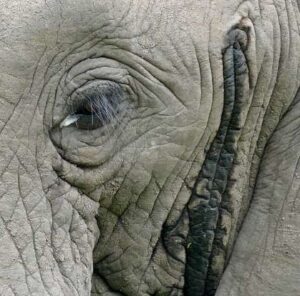Musth is a temporary but intense period in male elephants where they experience a surge of testosterone, turning them into highly competitive, slightly irritable creatures with an unmistakable scent. During musth, males exhibit erratic behaviors, including increased aggression, a strong desire to assert dominance, and the occasional urge to chase away anything that gets in their way. This includes other elephants, vehicles, or humans who may have the audacity to wander too close. The most telltale sign is the secretion of a thick, smelly fluid from the temporal glands near their eyes—essentially, nature’s way of saying, “Stay back, I’m not in the mood for socializing.” Think of it as a few weeks of elephant swagger, but with a lot more charging and a lot less subtlety.


But it’s not all chaos and bad tempers—musth also has a purpose, one that ensures elephant populations continue to thrive. The hormonal surge encourages mating behavior, with dominant males generally having more success in attracting females. This period can last anywhere from a few weeks to several months, with older males having longer, more intense bouts of musth. While it’s easy to imagine musth as an elephant’s version of a midlife crisis, it actually serves a crucial role in elephant social structure and reproduction. So, next time you see a bull elephant in full musth, remember: he’s just trying to keep his cool while juggling a lot of testosterone and a hefty dose of nature’s matchmaking!
